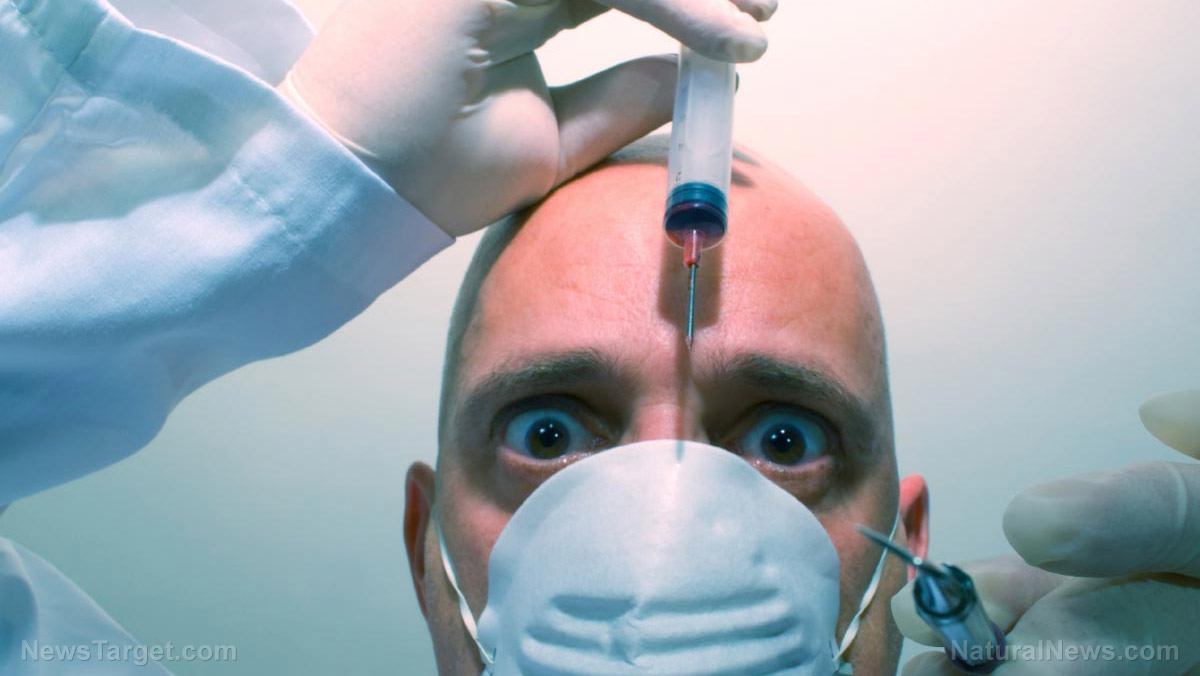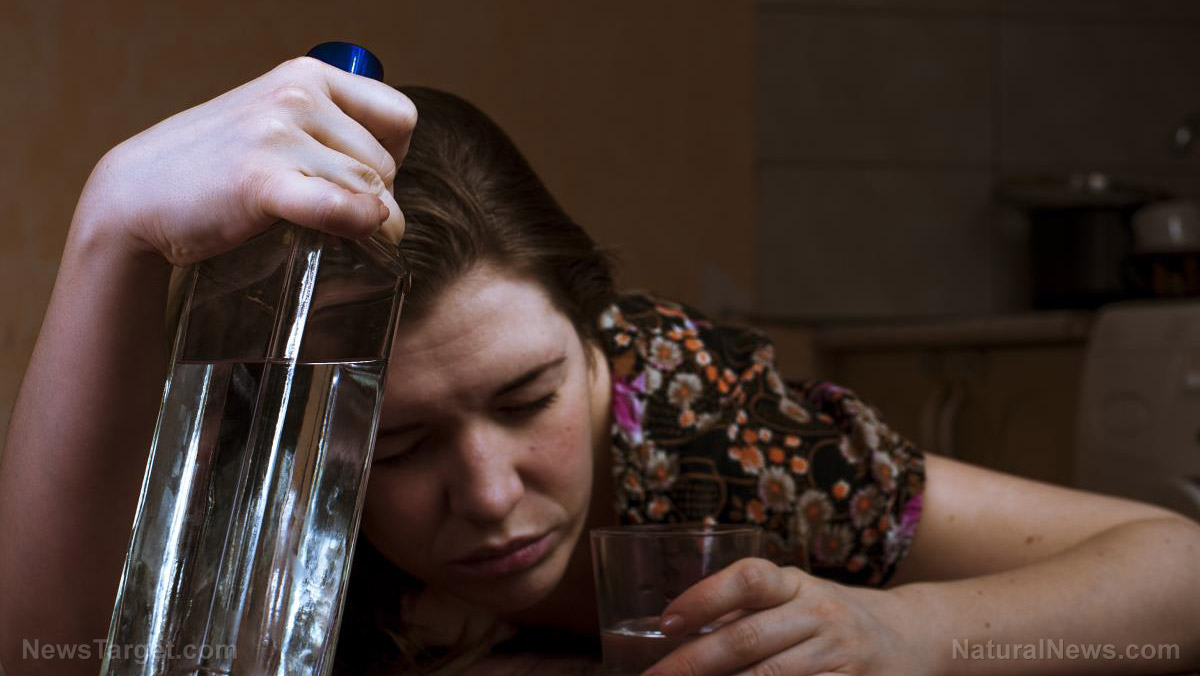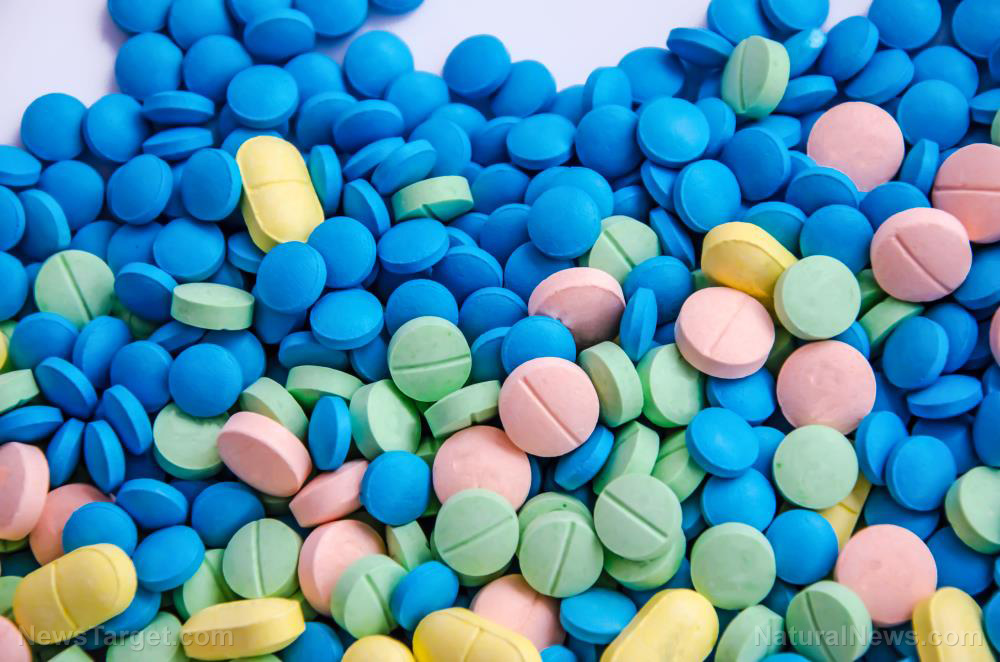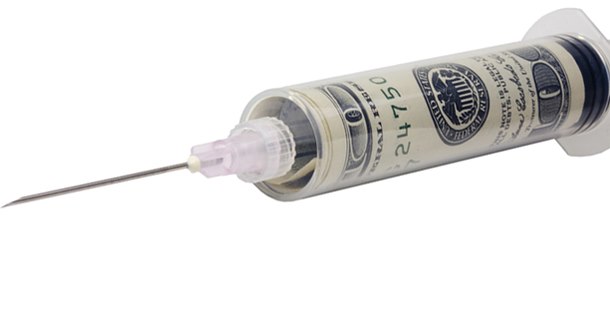Big Pharma EXPOSED: Study of 3 top medical journals reveals that many medications, medical products and services are completely INEFFECTIVE
08/23/2020 / By Isabelle Z.
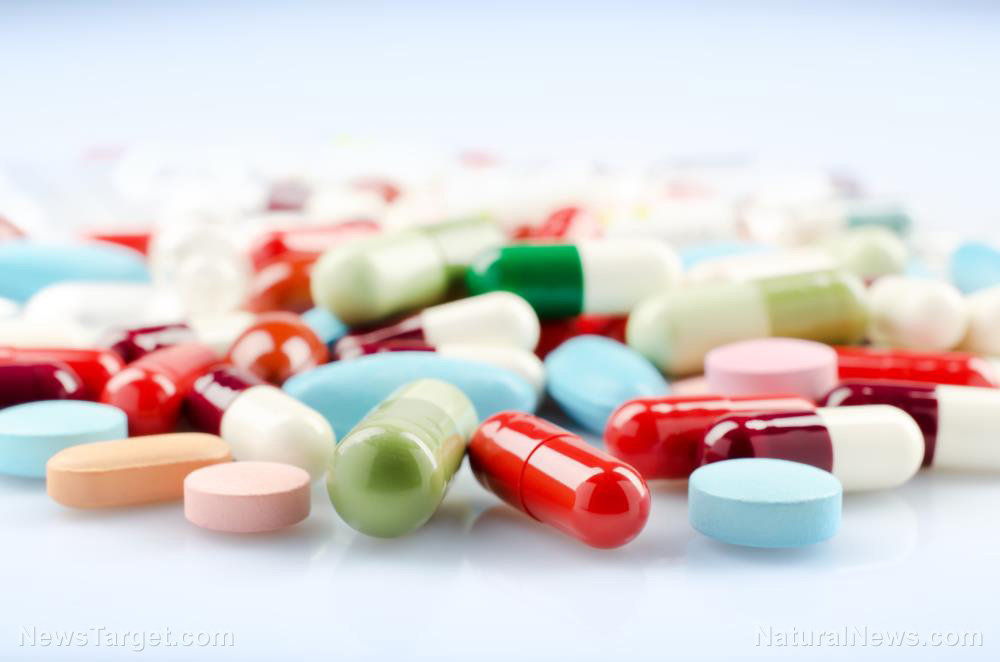
If you’ve ever suspected that a medication you’re taking isn’t really doing much to improve your symptoms, it might not just be your imagination: A comprehensive study has shown that a concerning number of medications, medical products and services are simply not effective.
A study that was recently published by eLife showed just how poor Big Pharma’s record is when it comes to producing effective medications. They carried out an analysis of more than 3,000 randomized controlled trials from 2003 to 2017 that were published in three top medical journals: the New England Journal of Medicine, the Lancet, and the Journal of the American Medical Association.
The researchers were looking at the effectiveness of the current “best practices” across different medical disciplines, populations and interventions. They found 396 medical reversals – in other words, practices and treatments that turned out not to be effective and were essentially de-adopted. Medications were the most common intervention, followed by procedures, vitamins/supplements, devices, and system intervention across varied fields such as ophthalmology, rheumatology, allergies, urology, infectious diseases, pediatrics, cardiovascular medicine and anesthesiology.
For example, one study looked at the antidepressants mirtazapine and sertraline, which are recommended as first-line treatments for clinical depression regardless of age. The studies showed that the two drugs did not make any significant difference in depressive symptoms in older adults with Alzheimer’s disease.
In addition to medication, the study identified useless interventions like wearable step tracking technology for promoting weight loss. They also discussed dangerous medical recommendations like annual or bi-annual mammograms for women at a low risk of breast cancer under the age of 50. These recommendations prey on women’s very understandable fear of breast cancer when the truth is that the radiation from excessive mammograms is actually a breast cancer risk itself.
They quoted a Cochrane review that said: “The chance that a woman will benefit from attending screening is small at best, and — if based on the randomized trials — ten times smaller than the risk that she may experience serious harm in terms of overdiagnosis.”
Profits over people
Incredibly, even though hundreds of medications and medical products have been shown not to work, many are still being used and paid for with taxpayer dollars through Medicaid and Medicare. The researchers wrote that after a practice has been found to be ineffective, it is hard to convince doctors to stop using it.
The truth is that so many of these interventions are highly profitable for those in the medical industry, and it doesn’t matter much to them if it isn’t helping people. In fact, sick people who depend on medications are actually more profitable to the medical industry. Big Pharma’s profits have been projected to reach $1.5 trillion in 2023, so there is a lot of money at stake.
Since you can’t depend on doctors and drug companies to always act in your best interest, it is important to do all you can to prevent health problems. A healthy diet is one of the best ways to stack the odds in your favor. Eliminating sugar and processed foods and focusing on organic fruits and vegetables can go a long way toward enhancing your health, as can getting regular exercise – at least 30 minutes of moderate movement a few times a week is enough.
You should also try to keep your exposure to toxins as low as possible. This means choosing organic food, fighting indoor air pollution with an air purifier, ensuring your drinking water is free of fluoride and other toxins, and avoiding chemical-laden personal hygiene and cleaning products.
You are the person who is ultimately responsible for your health, so make sure any medications or other medical interventions your doctor suggests are truly safe and necessary. Ask questions, do your research, and seek a second or even third opinion if you have any doubts.
Sources for this article include:
Tagged Under: Antidepressants, bad medicine, Big Pharma, mammograms, medical journals, medication, medications, Prescription drugs, science journals
RECENT NEWS & ARTICLES
COPYRIGHT © 2017 OVERDOSE.NEWS














